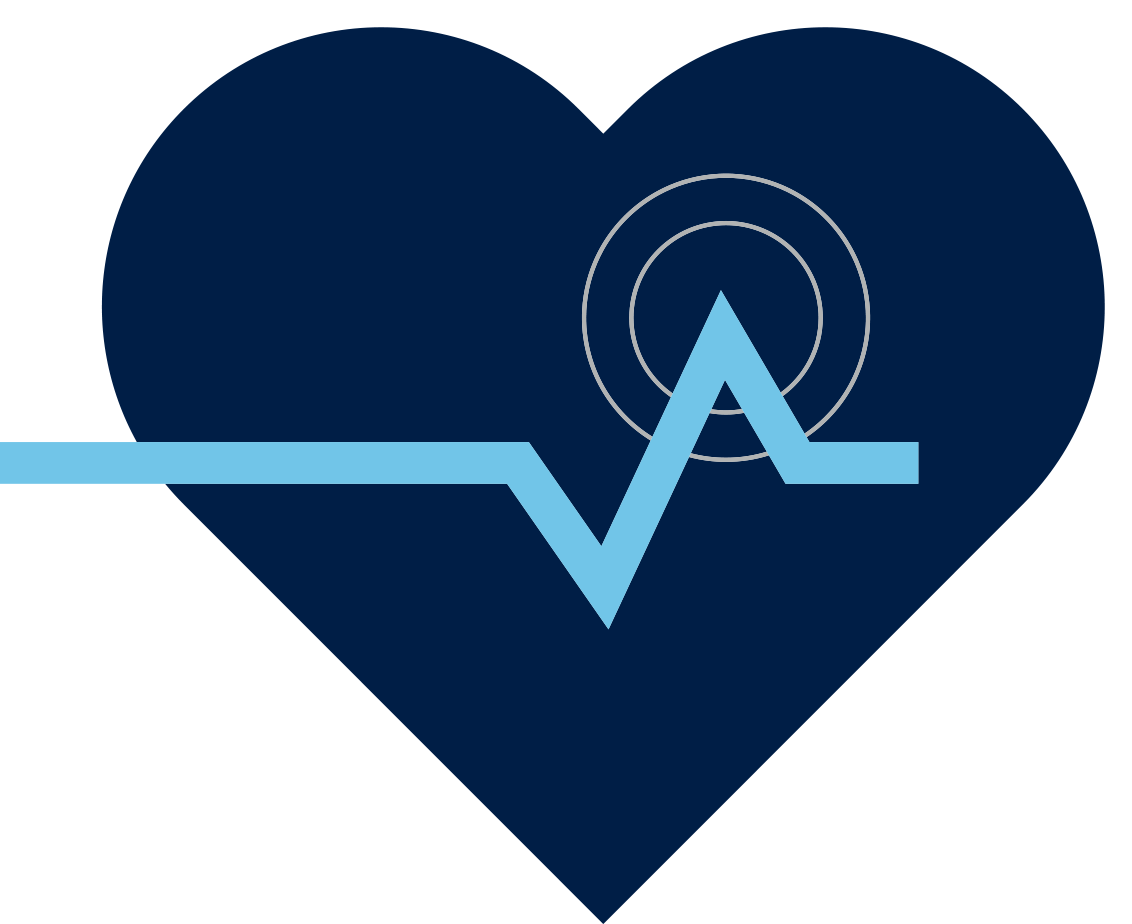
Stories
Diabetes management challenged by higher stress levels during the pandemic
Advanced diabetes technologies like self-adjusting insulin pump systems help patients and caregivers with glucose management
A national survey released in May 2020 highlighted what many of us would expect and can identify with: Canadians’ levels of stress and anxiety have risen significantly during the COVID-19 pandemic.
According to the Mental Health Commission of Canada, people feeling stressed, regularly or all the time, has more than doubled since the onset of the pandemic and associated lockdowns.1
The negative effects of sustained stress on health are well recognized, and these effects can be compounded for individuals with a chronic health condition such as diabetes.
Certified diabetes educator and registered dietitian, Laurel Bender-Lloyd, is certainly seeing evidence of heightened stress among the patients she and her team serve through the Adult Diabetes Education Clinic (ADEC) at the Grand River Hospital in Kitchener, Ontario.
Stress hormones are among the physiological factors that can make it more difficult to manage blood glucose (sugar) levels and to keep them within a healthy range
“Stress tends to increase our body’s fight or flight response, which typically elevates sugars,” she explains. “When you have diabetes, you can control your food and exercise to a degree, and plan accordingly to help keep your sugars in target. But there are a lot of variables we can’t easily control and they include stress hormones.”
Compounding the impact of stress are the other disruptions to our normal lives – changes that make people feel more isolated and less supported, as well as making it harder to maintain a healthy lifestyle, which is so integral to good diabetes management.
“People are not as active as they used to be, with fitness centres closed, for example, and now that many are working from home, healthy-eating regimens can more easily fall by the wayside. And our patients can’t see friends and family in the same ways, and access to their diabetes care teams is restricted.”
For these reasons, innovative diabetes technologies, like Medtronic’s MiniMed™ insulin pump system, are valuable component of diabetes management in these unusual times.
The MiniMed insulin pump “has your back” when sugar levels get out of range
The majority of ADEC patients have type 1 diabetes (T1D) and many use the MiniMed 670G system, the first commercially licensed self-adjusting insulin pump system in Canada.2 Ms. Bender-Lloyd herself uses the system to manage her T1D and trains patients on how to use it.
This smart pump offers 3-in-1 flexibility, where you can use it as a standalone insulin pump, or integrated with continuous glucose monitoring (CGM). When integrated with CGM, it self-adjusts to the person’s unique insulin needs every five minutes to help stabilize glucose levels 24 hours a day. The system automatically increases insulin in response to body signals, mimicking the functions of a healthy pancreas.
“When a person without diabetes experiences stress or other factors that spike glucose, their pancreas releases insulin in response to what’s happening, to keep sugars at a healthy level. With the smart pump system, the auto mode feature does the same. It takes some of the pressure off patients. If you have diabetes, you still have to consider your activities and what you eat, but the pump has your back and helps you avoid extreme fluctuations in your sugars.”
The MiniMed system also provides connectivity tools that are particularly useful during the pandemic – including smartphone integration coming with the new MiniMed 770G system. It also uses Medtronic’s CareLink™ software, which collects information from the person’s diabetes management system and generates reports that show glucose trends.
Patients can share these reports with their health-care providers. Ms. Bender-Lloyd says the CareLink technology is “adding a lot of value to my interactions with patients.”
“We can see a graph for every day that shows us what someone’s blood sugars may be doing – where they are steady and where they may be rising or falling. The information can allow us to help patients adjust any of their pump settings to improve glucose control.”
“We can still support them through these unusual times without sacrificing their health and diabetes management.”
MiniMed and CareLink are trademarks of Medtronic.
1 Nanos Research poll, conducted April 2020 among 1,049 Canadian residents, on behalf of Mental Health Commission of Canada.
2 The MiniMed 770G system with added features, including smartphone connectivity, has recently become licensed in Canada.
Originally appeared in the special interest section of the Globe & Mail on February 22, 2021.


